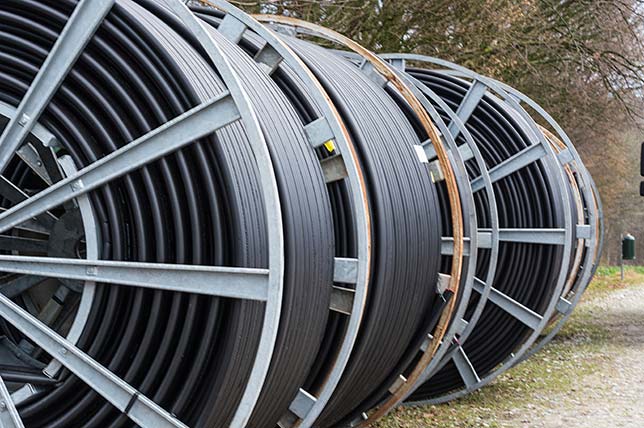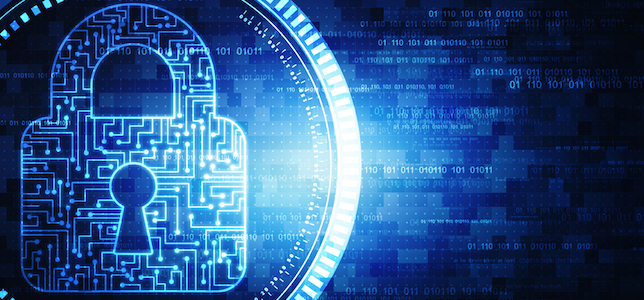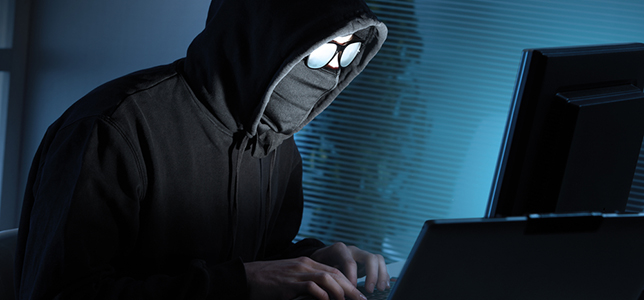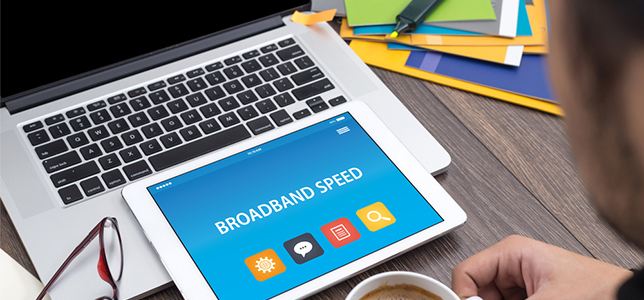The company’s Wireless Intelligence Platform uses artificial intelligence identify potential WiFi connection threats and actionable steps to optimize performance.
InterVision, a strategic IT service provider, is strengthening its consulting business through the acquisition of Fotis Networks.
CoSN’s new resource provides schools with language to incorporate interoperability into RFPs to ensure that system connectivity is a key component of all bids to develop and build new management platforms for educators.

The report comes on the heels of a Trump administration infrastructure plan that includes $50 billion set aside for rural projects, distributed to states in the form of block grants, and another $20 billion for unspecified "transformative projects"; both reference the possibility of increasing broadband facilities alongside road, bridge, rail, port and water initiatives.

Global spending on information security is expected to hit $86.4 billion in 2017, according to a new forecast from market research firm Gartner.

Computer hackers, also known as cybercriminals, are infiltrating our world with ever-increasing sophistication. It is critical that students understand both the benefits and risks of their devices — especially their smartphones. Educators have an important role to play in helping students understand and safely navigate an internet-connected world.

Worldwide IT spending is projected to total $3.5 trillion in 2017, a 1.4 percent increase from 2016, according to market research firm Gartner, Inc. This growth rate is down from the previous quarter’s forecast of 2.7 percent, due in part to the rising United States dollar.

The number of E-rate requests for high-speed internet has doubled since last year, according to the 2016 E-Rate Trends Report, prepared by Oklahoma-based consulting group Funds for Learning.
The second annual “State of the States” report on the state of broadband connectivity in United States schools finds that Hawaii and Kentucky are among a number of states that are leading the way in ensuring that their students have access to equal educational opportunities provided by technology.
The Federal Communications Commission sets aside $3.9 billion annually for E-rate funding, and with $200 million rolling over from 2016, school districts will have access to more than $4 billion in fiscal year 2017 for connectivity upgrades.